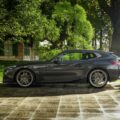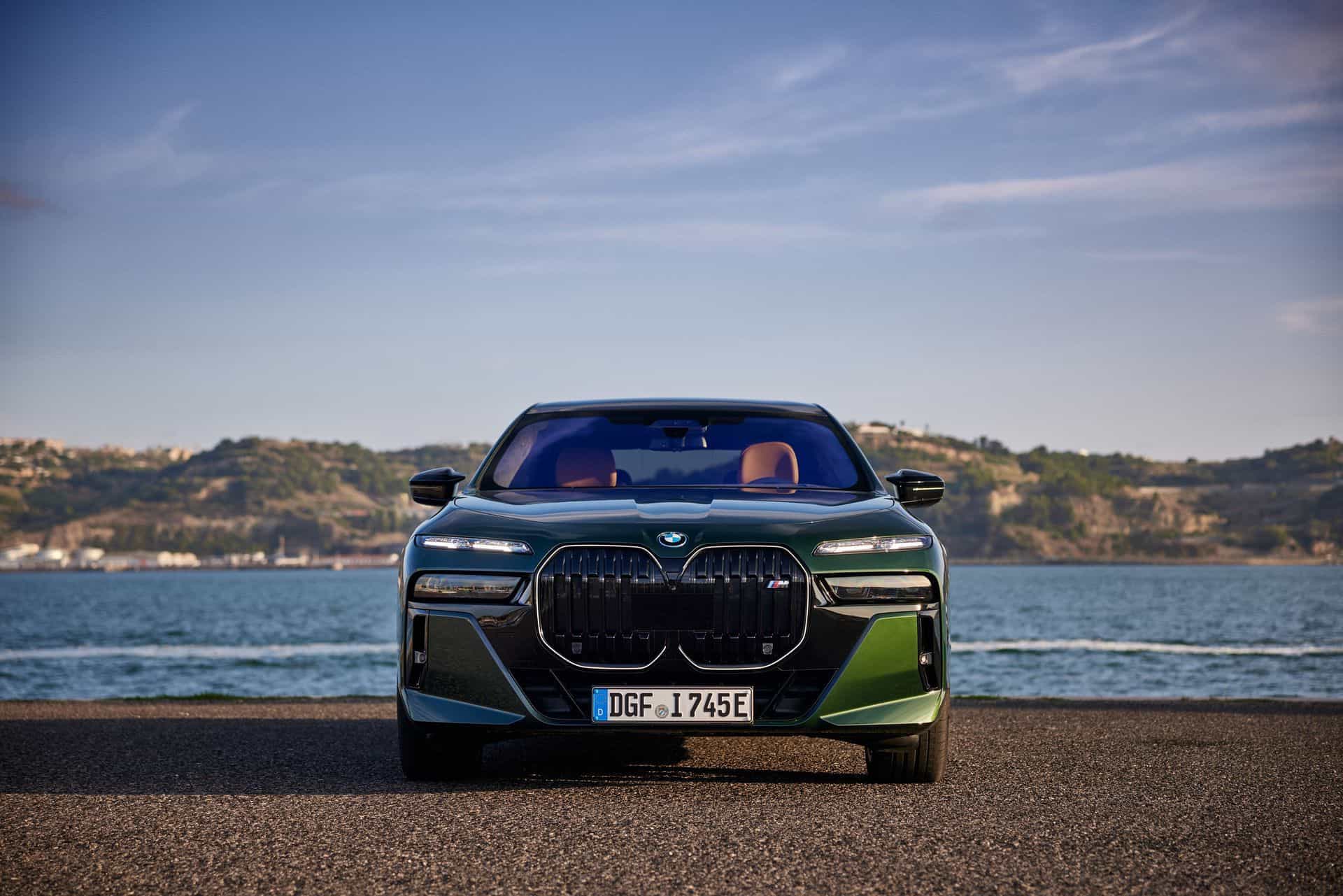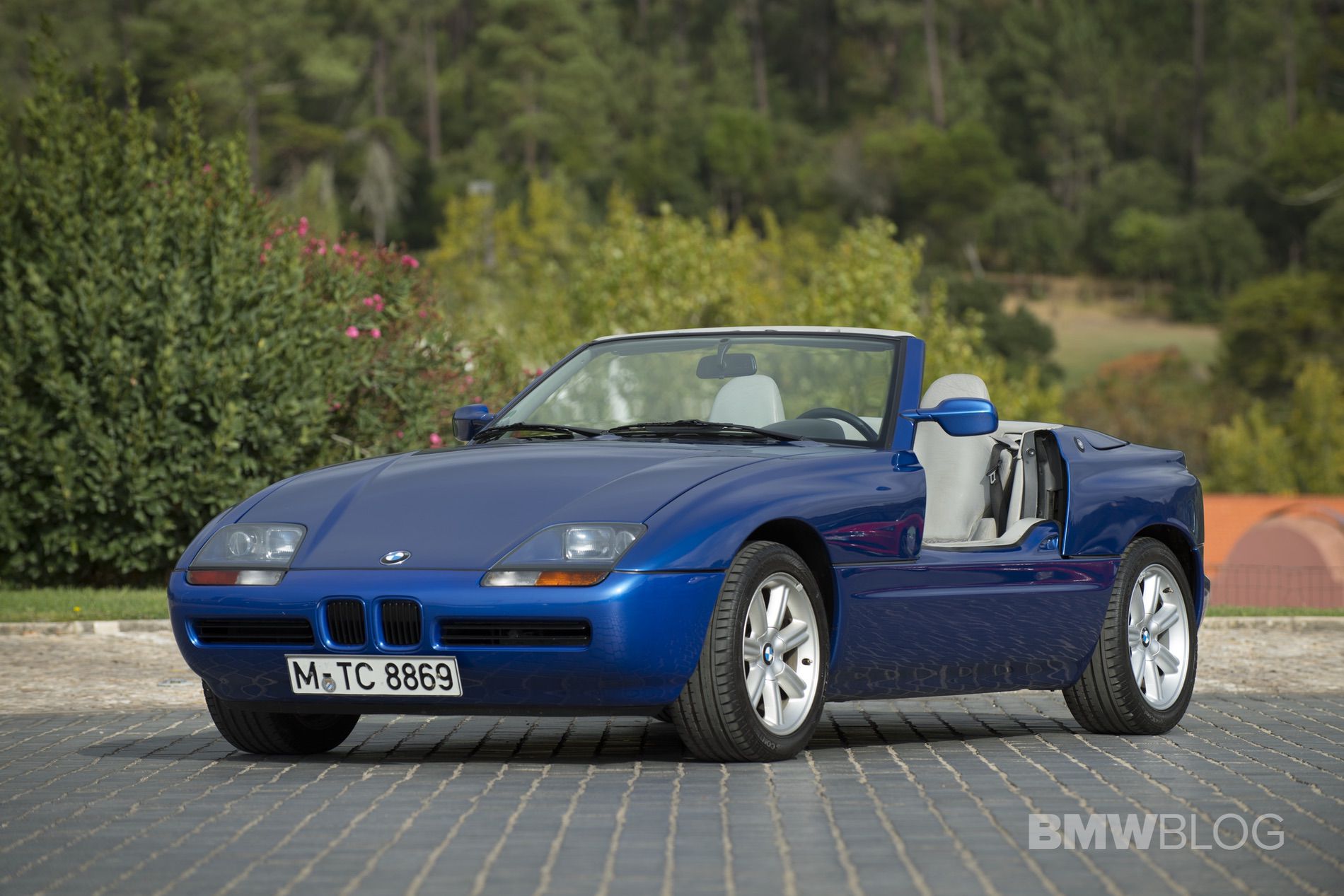Mercedes and Audi rushed to set an end date for combustion engines before a reality check forced them to backtrack from their initial promises. Mercedes once said it could go purely electric in some regions as early as 2030, while Audi had pledged an EV-only global lineup by 2033. Although EVs continue to gain traction, demand for zero-emission vehicles isn’t rising as fast as the two brands had hoped. Consequently, internal combustion engines will remain well into the next decade, and possibly beyond.
BMW never committed to such lofty targets, though it did promise that half of its annual sales would be EVs by 2030. That goal remains, but not at the expense of ICE offerings. You’ll still be able to buy anything from a 1 Series to an X7 with a combustion engine for years to come. Nearly everything in between will continue to offer plug-in hybrids, and even diesels. Speaking during the 105th Annual General Meeting, CEO Oliver Zipse explained why going all-in on EVs is the wrong approach.
“We don’t believe in technically one-sided regulations that limit supply. As a standalone technology, e-mobility leads down a dead-end street—that much is now clear. The differences are simply too great, even just within Europe.”
He believes that market discrepancies aren’t caused by the products or the customers but by other influencing factors, such as stricter emissions regulations.
“Political goals must reflect market realities—and also be viable for businesses. Global investment is already looking ahead to 2030, and especially 2035. That is why the upcoming review of EU targets will be so decisive. It is our chance to improve the system. Europe needs a top-performing automotive and supplier industry. We are fighting for this and pushing back against negative developments.”
Whether you support ICE or EVs, BMW pledges to “remain broadly diversified.” It has long used the “Power of Choice” slogan, which will gain even more meaning in 2028. Why then? That’s when BMW will launch its first hydrogen-powered production vehicle. The next-generation X5 (G65) will lead the way, which will be made possible with help from Toyota’s fuel cell expertise.
BMW Group (including MINI and Rolls-Royce) sales figures for the first quarter show EVs continue to gain momentum. Pure electric vehicles rose by 32.4% to 109,513 units in Q1 2025, accounting for 18.7% of total deliveries in the year’s first three months. However, hitting 50% in just five years will be difficult. Factoring in plug-in hybrids, more than one in four vehicles had a charging port: 157,487 PHEVs and EVs. That’s 26.9% of total volume.
The CEO reassured investors that the BMW Group is on “exactly the right track” by offering something for everyone. Even the venerable V12 is still alive, though now exclusive to Rolls-Royce. In fact, more gasoline models are also on the way. For example, ALPINA is widely believed to be working on a V8-powered 7 Series facelift. It would be a follow-up to the B7, which was phased out nearly three years ago. The next-gen X7 will also get the ALPINA treatment with a gas engine.
























































